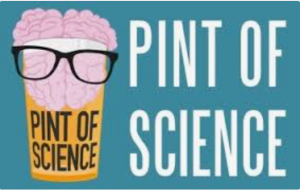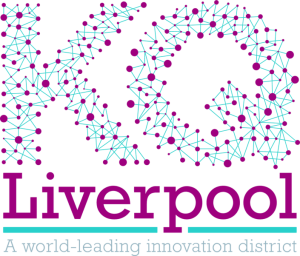iiCON strengthens team with senior appointment
The Infection Innovation Consortium: iiCON has welcomed a new senior member to its team with the appointment of Professor Patryk Kot.
Professor Kot, a global expert in sensor technology, joins the consortium, which works propel the discovery and development of innovative treatments and products for infectious diseases, as Senior Business Development Manager.
iiCON, led by Liverpool School of Tropical Medicine (LSTM), is comprised of partners Unilever, Liverpool University Hospitals Foundation Trust, University of Liverpool, LifeArc, Evotec, and Infex Therapeutics.
Professor Kot, one of the youngest professors in the UK, joins iiCON from a role as Deputy Director of the Built Environment and Sustainable Technologies (BEST) Research Institute, and Professor of Microwave Sensor Technologies at Liverpool John Moores University.
The consortium has recently received £10 million in funding to develop what is believed to be the UK’s first Category 3 AI Robotic laboratory as part of the Liverpool City Region Health and Life Sciences Investment Zone. Investment Zone funding will support the development of the high-containment laboratories within LSTM capable of handling deadly pathogens and fitted out with leading-edge robotics and AI technology.
In his new role, Professor Kot will be a key part of an expert team that will specify and design the new laboratories. His expertise in sensors will support the development of new products in the iiCON portfolio, helping to commercialise industry innovations. He will also lead on the development of new partnerships, providing expertise and guidance on the best routes to market for the innovative products iiCON has developed to date.
His vast experience over a 12-year career includes leading a multidisciplinary research team in the design and development of bespoke microwave sensors for global challenges. His research team has developed microwave sensors for applications such as biohazards detection (DASA), healthcare applications (SBRI and UKRI), cultural heritage (Horizon 2020) and chemical process enhancement (Horizon 2020 FTI) with a total external funding award of over £25 million.
This experience includes working on a number of key projects through iiCON funded by the Bill and Melinda Gates Foundation (BMGF) to explore the adaption of the fundamental concept of microwave spectroscopy for the detection of insecticide on walls for quality assurance of Governmental Indoor Residual Spraying programmes in low- and middle-income countries (India and Africa) to prevent vector borne diseases.
The developed prototype was manufactured in 2023 and the success of this project led to further external funding of £1.3 million from BMGF to explore the fundamental concept of microwave spectroscopy being applied as a wearable technology for the detection of Lymphatic filariasis in humans.
Professor Patryk Kot said:
“I am delighted to be joining the iiCON team. I am eager to support the development of new products and contribute to the development of pioneering AI and robotics Category 3 laboratories, where technology comes together with scientific advancements through academia, research, and industry to combat global infectious diseases. An extraordinary opportunity to drive meaningful change.”
Professor Janet Hemingway, iiCON’s founding director, said:
“Patryk is a leading expert in sensor technologies and we’re very pleased to be welcoming him to the iiCON team. His expertise and experience will help us drive forward next-generation technologies and support industry and academic co-innovation. Patryk will also be a key part of the team we are bringing together to support the design and develop of our next-generation Category 3 Robotic laboratories.”
Founded in 2020 with an £18.6m UK Government grant, iiCON brings together industry, academia and clinicians to accelerate the discovery, development and deployment of new treatments and products for infectious diseases – saving and improving millions of lives across the world. The consortium has quickly grown into a £260m programme working with a global network of more than 800 companies.
By enabling industry access to world-leading facilities and expertise, it has supported 36 new products to market, with more than 5 billion units of life-saving products and treatments reaching communities across the world. It has also created 559 jobs and bolstered the region’s R&D infection spend by £700m.








